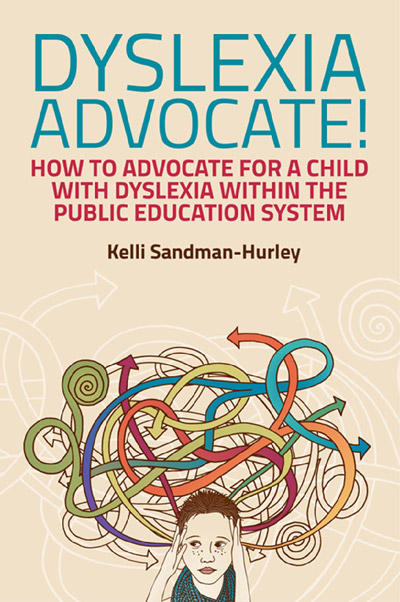The move to online classes is happening at many colleges due to the Coronavirus. Although this may work for social distancing measures, it creates issues for those with learning disabilities.
Often, this move to online classes is a very sudden one with little time to prepare. Confusion occurs about what to do, who to talk with, and how to make sure accommodations are met and appropriate for each class.
In addition, this is done as students are asked to leave campus prompting more change and transition. Here are some tips to help transition well, continue to do well academically, and make sure appropriate accommodations are in place.
Although this is written for students in college, it can be easily adapted for K-12.
Navigating Learning Disabilities in Online Learning
Be patient.
This is a tough situation for all involved and that includes instructors as well. Although the decision to move to online learning may have been done rapidly, it may take all parties a bit of time to get used to an online format.
Expect that adjustments will need to be made by both students and instructors. The assignments and tests may be different and there may even be more writing. Whatever has changed about the course, take time to be patient with yourself and your instructors.
Familiarize yourself with the new course format.
Know how to contact the instructor. Know what is being asked of you and when. Know the deadlines for assignments and when tests are given.
Are the lectures recorded, using video, online meetings, changing the reading materials, or including more papers? Get to know the course as soon as you can.
This will minimize any confusion later and help you adjust faster. It can also give you knowledge about what you may need for the course regarding accommodations.

Ask questions.
If you are not sure about what is required of you, ask your instructor.
If you need help, is this done by email, chat room, or video such as Skype? If you need help with assignments, is there help online or does your school offer online tutoring?
This may be explained by the instructor or through information that the school emails to you. If in doubt, ask.
Establish a consistent routine.
Remember that you are still in school and a good routine will not only help with classes but will also help you adjust to being home and stressed. It will keep you on track and moving forward on your assignments so that you do not fall behind.
If you are home, make sure your parents and siblings know what your routine is and when you are working on classwork. This can help alleviate any confusion and other issues that can arise.
Often, it is helpful to have a specific spot where you do work on assignments every day. That way every time someone sees you in that spot, they already know you’re working on school.

Know your accommodations.
Your accommodations may have changed or they may have stayed the same. Work with the accessibility office to know what is in place or what has changed.
For example, if you have extra test time and distraction reduction for tests these may be different in an online class compared to what you are used to on campus. Here’s why. If tests are occurring, the extended test time should be easy for your instructor to do. However, the distraction reduction will be up to you.
Also, make sure to use any assistive technology that you’ve used before. For example, if you use text to speech and speech to text, know that these can be used even for an online class.
Manage accommodation problems immediately.
If you have any issues using accommodations, know who to contact and how.
Due to the pandemic, most staff may be working remotely so email may be the best method. Make sure to contact your accessibility office and ask before there’s an issue.

Know this is temporary.
Keeping in mind that the situation is temporary will set your expectations not only of the pandemic but also the classes and any additional flexibility your instructors offer.
During this time, instructors may be offering more leniency for a variety of reasons and class issues. This may be temporary and removed when circumstances return to normal.
Further, these may not be your typical online classes nor follow the typical format. Thus, when you take an online class later, it may be very different.
Take care of yourself.
Stress makes most things worse. So, if you’re feeling it, deal with it, but deal with it in your own constructive way.
This is a great opportunity to find out what works for you and what doesn’t. That could mean movies or video games, but it can also mean working out, eating well, laughing, connecting with family and friends, and even helping out around the house (less stress for your parents means less stress for you too!).
About the Author

Dan Jordan has worked as the Accessibility Coordinator and a counselor at Gwynedd Mercy University for over ten years. With over 25 years in mental health and over a decade in higher education, Dan has a passion for student wellness, advocacy, and ensuring students have the access they need.
As a father of a son with dyslexia, he also understands a parent’s perspective and concerns about accommodations in high school and college and the importance of self-advocacy.
As the sole accessibility professional on campus, Dan has been sought out by faculty, staff, other disability colleagues, and local high schools to share his expertise and perspective on mental health and accessibility issues.
Dan is also a presenter at the 2020 Dyslexia Virtual Conference presented by Dyslexia Training Institute.
He can be reached at HigherEdTrainings.com.





